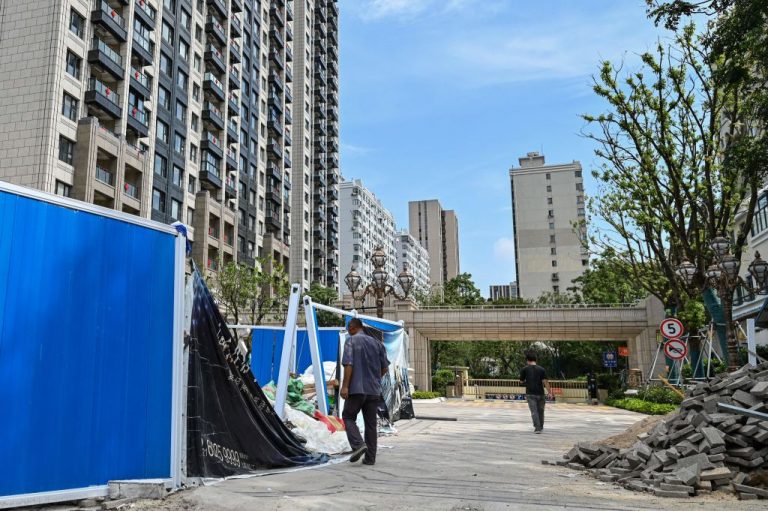Evergrande is one of the largest companies in the world drowning financially, amassing more than $300 billion in debt. Struggling to pay its obligations, the real estate firm has delayed paying some of its bond dues. The communist Chinese regime has even asked the developer to demolish 39 buildings under construction in Hainan.
The buildings have been under construction for eight years and are spread over 435,000 square meters. Previously, the company had stopped several of its projects due to a shortage of liquidity. Evergrande has resumed work on most of these projects and recently announced that it will deliver thousands of units in January to pay off some of its debts.
The government’s order to demolish the buildings adds pressure to the real estate giant. The order came as officials accused Evergrande of illegal construction.
On Jan. 3, Evergrande suspended its trading activities at the Hong Kong stock exchange due to pending “inside information.” On Jan. 4, shares of the company were once again trading on the exchange.
The developer confirmed that it had received an order to destroy 39 buildings at Hainan. It stated that the decision will only affect a single plot of land that is being developed.
Success
You are now signed up for our newsletter
Success
Check your email to complete sign up
“The company will actively communicate with the authority in accordance with the guidance of the decision letter and resolve the issue properly,” the Evergrande announcement stated.
Under significant financial stress, Evergrande has cut back on its payments to investors of its wealth management products. Irrespective of when the product matures, all investors will now receive 8,000 yuan ($1,257) per month for a period of three months as a principal payment. The decision is an indicator of how deep the liquidity squeeze is faced by the company.
“The market is watching the asset disposal progress from Evergrande to repay its debt, but the process will take time… And the demolition order in Hainan will hurt the little homebuyer confidence remaining in the company,” Conita Hung, investment strategy director at Tiger Faith Asset Management, told The Epoch Times.
Many experts compare the Evergrande crisis to the Lehman Brothers event. Just like the bankruptcy filing of Lehman Brothers played a big role in pushing the United States into the 2007 financial crisis, some feel that Evergrande’s collapse under the weight of its debt will also trigger an economic crisis in communist China.
However, Vinesh Motwani of Silk Road Research notes a major difference between the Lehman event and what is happening with Evergrande.
“The biggest difference between the two is that Evergrande was a train wreck that everyone saw coming… When the ‘three red lines’ policy was announced more than a year ago, it was clear that Evergrande was one of the worst offenders, so the reaction in China was ‘this was a long time coming,’” Motwani told the BBC.
The warning about Evergrande has been circulating for a “very long time.” Bondholders shouldn’t be surprised if the company ends up defaulting, he added.
Recent data from Evergrande shows that the company’s contracted sales of properties fell by 38.7 percent in 2021. In the last 250 days, shares of Evergrande have declined by over 88 percent.














